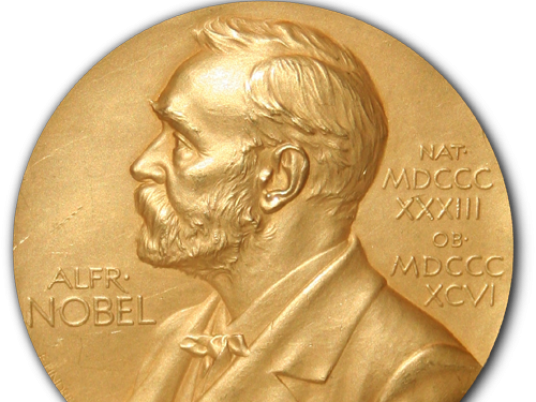
The Israeli aggression could have ended months ago. The ideas behind the agreement that was finally reached are not new.
President Trump was not initially enthusiastic. He demanded multiple times that Netanyahu resolve the matter quickly and forcefully, not just to eliminate Hamas, but to compel its surrender. By nature, Trump believes in “zero-sum” solutions—a clear winner and a clear loser, where one side gains everything and the other is completely removed from the game.
However, things did not go his way. Despite the martyrdom of 68,000 Palestinians, the complete destruction of Gaza, and the assassination of the majority of Hamas’s leaders, the Gazans did not leave their land, and mass displacement did not occur. Ultimately, the occupation did not succeed in recovering a single captive through military force.
While Netanyahu rejected seven consecutive attempts to halt the aggression, often with encouragement or silence from Washington, the world had come to a stark conclusion: that Israel was a “rogue state” that disregarded international conventions and applied the law of the jungle against Palestinians.
The majority of nations responded by imposing a state of isolation upon it. The most striking example was the near-total walkout by international delegations during Netanyahu’s address to the UN General Assembly late last month.
This was followed by a devastating diplomatic “blow” when Britain, France, Canada, and other countries recognized the Palestinian state. These are not “banana republics” like Micronesia (a collection of islands in the Pacific) that Washington typically relies on for international support for Israel. The massive street demonstrations across Europe (and sadly, not the Arab world) clearly demonstrated how much the global mood has shifted as a direct result of the continuous, brutal aggression.
However, none of this was enough to convince Trump to intervene to stop the aggression.
It was the impending announcement of the Nobel Peace Prize—which has become a personal obsession for him—that strongly contributed to changing his mind. His claim of having ended six international conflicts and wars convinced no one; some of these claims were outright falsehoods, and others were greatly exaggerated. The undeniable truth is that he failed to end the fighting in the two most dangerous global conflicts: Ukraine and Gaza. Putin did not respond to his overtures or fear his threats.
Only the Gaza war remained, and he marshaled the full force of American power and employed his diplomatic and non-diplomatic methods to reach an agreement on it.
Regardless of whether Trump wins the Nobel Peace Prize today, the true winner of the award is the Palestinian people. Their sons and daughters in Gaza sacrificed their lives and property, but they refused to leave their land. Their motto was: “We remain, we remain.” They endured unparalleled suffering. The aggression forced them to flee their homes multiple times and subjected them to a war of starvation. Yet, they persevered. They are the “people of the giants” (or “people of the mighty ones”), as Yasser Arafat used to say.
It is one of life’s ironies that Omar Yaghi, the son of a refugee family from the Palestinian village of Al-Sumayriyya (Al-Mismayya), which Israel destroyed and displaced its residents from in 1948, has won the Nobel Prize in Chemistry.
It is also ironic that Jordan, Saudi Arabia, and the United States all competed to claim him as their own.
When Hamza ibn Abd al-Muttalib, the Prophet’s uncle (peace be upon him), was martyred, the Prophet said: “But Hamza has no mourners.” (Meaning, every martyr is wept over by their own people, but no one is left to mourn Hamza.) The Palestinian people have been largely forgotten, even by the Nobel Committee.
Nevertheless, the perseverance [of the Palestinians] in the face of aggression and the win for the Nobel Prize in Chemistry both prove that this people is like the mythological Phoenix, which is reborn after it burns and turns to ash.
Author’s bio
Abdel Allah Abdel Salam is the managing editor at Al-Ahram newspaper where he writes a daily column titled “New Horizon”. He holds a Bachelor’s degree in Journalism from the Faculty of Mass Communication, Cairo University (1987).
He began his journalistic career at Al-Wafd newspaper, then moved to the Middle East News Agency, before settling at Al-Ahram newspaper in June 1991. He founded the Al-Ahram electronic portal and served as its editor-in-chief from 2010 to 2013.
He held the position of executive editor-in-chief of the Al-Masry Al-Youm website in 2013.
Salam has also worked as managing editor of the Al Ain (UAE) portal in 2016, and managing editor of the “Al-Watan” (Egyptian) newspaper’s website in 2017.




